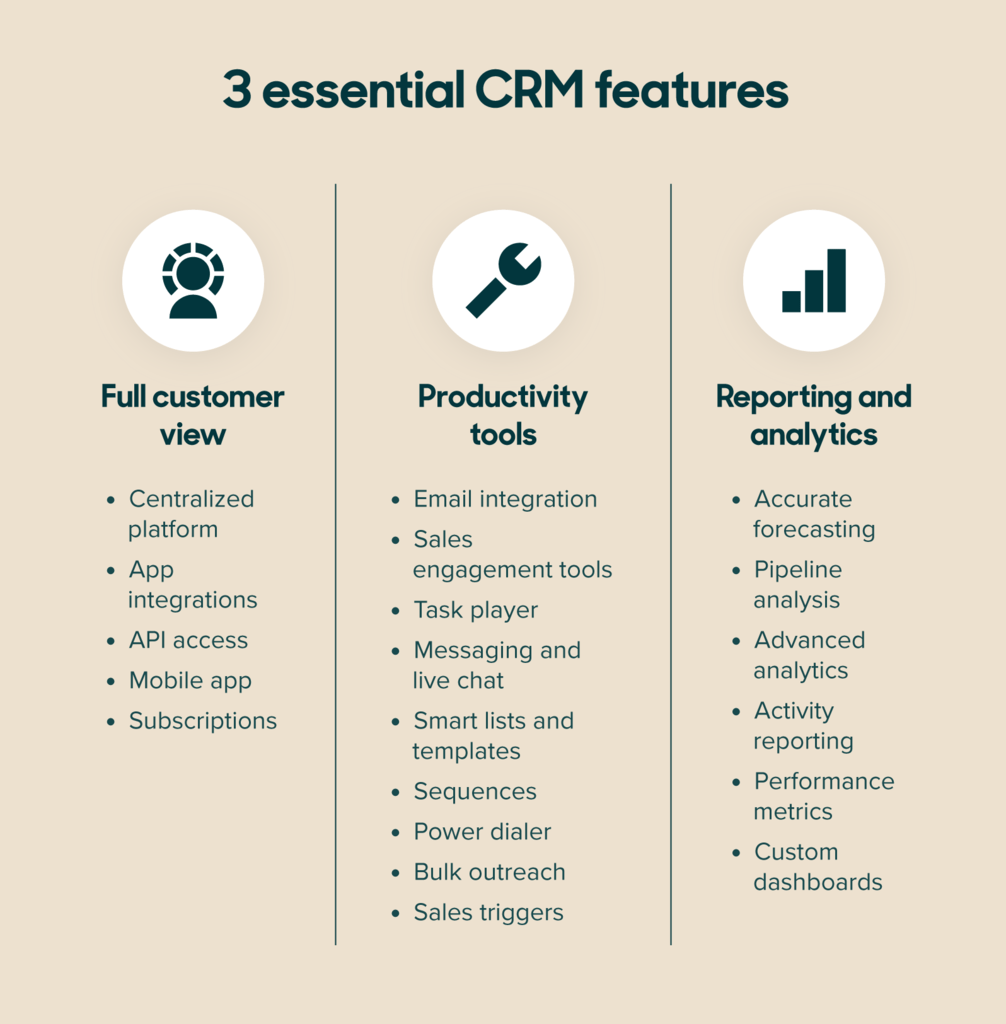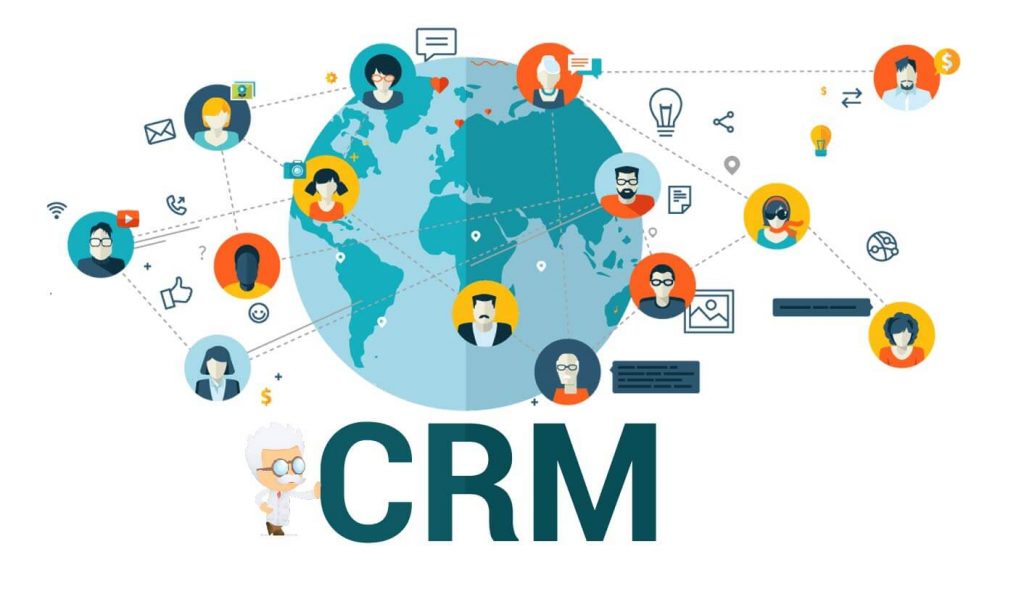What Is CRM Tools: A Comprehensive Guide To Customer Relationship Management
What is CRM Tools: A Comprehensive Guide to Customer Relationship Management

In today's fast-paced business world, customer relationships are more important than ever. Companies must find ways to manage these relationships effectively to win new customers, retain existing ones, and ultimately drive business growth. That's where Customer Relationship Management (CRM) tools come in. But what is CRM tools, and how can they benefit your business?
Understanding CRM Tools
What is CRM tools, you ask? Simply put, CRM tools are software applications designed to help businesses manage their interactions with customers, clients, and sales prospects. These tools provide a centralized platform for storing and analyzing customer data, tracking sales activities, and automating marketing and customer service processes. The primary goal of CRM tools is to improve customer relationships by delivering a better customer experience.
Key Features of CRM Tools
While CRM tools vary in their features and functionalities, most share some common characteristics. Here are some of the key features of CRM tools:
-
- Contact Management: CRM tools allow you to store and manage customer contact information, including names, email addresses, phone numbers, and physical addresses.
- Sales Force Automation: CRM tools automate sales processes, such as lead tracking, opportunity management, and sales forecasting.
- Marketing Automation: CRM tools help you automate marketing processes, such as email campaigns, social media posts, and lead generation.
- Customer Service and Support: CRM tools enable customer service teams to manage customer inquiries, complaints, and feedback.
- Analytics and Reporting: CRM tools provide insights into customer behavior, sales performance, and marketing effectiveness through reports and analytics.
How CRM Tools Work
Here's an overview of how CRM tools work:

- Data Collection: CRM tools collect data from various sources, including customer interactions, sales activities, and marketing campaigns.
- Data Analysis: CRM tools analyze the collected data to provide insights into customer behavior, sales performance, and marketing effectiveness.
- Data Storage: CRM tools store the analyzed data in a centralized platform, allowing businesses to access customer information and sales data in real-time.
- Automation: CRM tools automate sales, marketing, and customer service processes, freeing up staff to focus on high-value activities.
Benefits of CRM Tools
The benefits of CRM tools are numerous. Here are some of the most significant advantages of using CRM tools:
-
- Improved Customer Experience: CRM tools help businesses deliver a better customer experience by providing a unified view of customer interactions and preferences.
- Increased Sales: CRM tools automate sales processes, boost sales productivity, and provide insights into customer behavior, leading to increased sales.
- Enhanced Marketing Effectiveness: CRM tools help businesses target the right customers with the right message, leading to improved marketing effectiveness.
- Better Customer Service: CRM tools enable customer service teams to respond quickly to customer inquiries and resolve issues efficiently.
- Improved Data Analysis: CRM tools provide insights into customer behavior, sales performance, and marketing effectiveness, enabling businesses to make informed decisions.
Types of CRM Tools
There are several types of CRM tools available, including:
- Cloud-based CRM: Cloud-based CRM tools are hosted online and can be accessed from anywhere, on any device.
- On-Premise CRM: On-premise CRM tools are installed on a business's own servers and can be customized to meet specific needs.
- Mobile CRM: Mobile CRM tools are designed for mobile devices and allow sales teams to access customer information on-the-go.
- Social CRM: Social CRM tools integrate social media interactions into the CRM platform, enabling businesses to engage with customers on social media.
Top CRM Tools
Here are some of the top CRM tools available:
- Salesforce: Salesforce is a leading cloud-based CRM tool that provides a comprehensive platform for sales, marketing, and customer service.
- HubSpot: HubSpot is an all-in-one CRM tool that provides a unified platform for sales, marketing, and customer service.
- Zoho CRM: Zoho CRM is a cloud-based CRM tool that provides a comprehensive platform for sales, marketing, and customer service at an affordable price.
- Microsoft Dynamics: Microsoft Dynamics is a powerful CRM tool that integrates with Microsoft Office and provides a comprehensive platform for sales, marketing, and customer service.
Implementation and Integration
Implementing CRM tools requires careful planning and execution. Here are some tips for implementing CRM tools:
- Define Your Goals: Clearly define your CRM goals and objectives.
- Choose the Right CRM Tool: Choose a CRM tool that aligns with your business needs and budget.
- Plan Your Implementation: Plan your implementation carefully, including data migration, user training, and process development.
- Integrate with Existing Systems: Integrate your CRM tool with existing systems, such as marketing automation tools and sales force automation tools.
Conclusion
In conclusion, what is CRM tools is a question that many businesses are asking themselves. CRM tools are software applications designed to help businesses manage their interactions with customers, clients, and sales prospects. By understanding what is CRM tools, businesses can choose the right CRM tool for their needs and implement it effectively to improve customer relationships, increase sales, and drive business growth.
Comments
Post a Comment